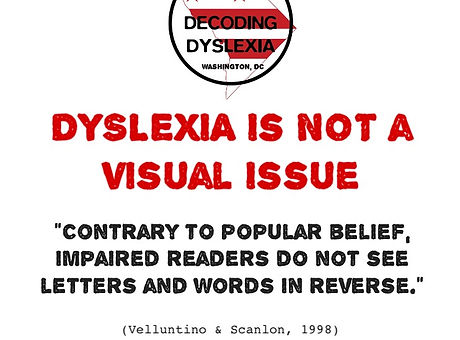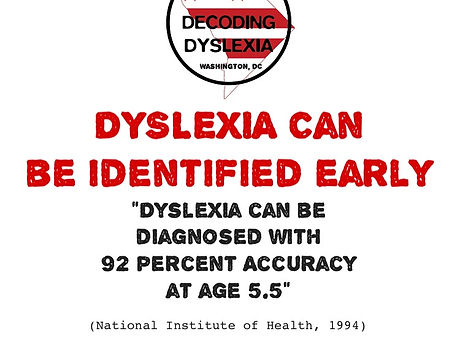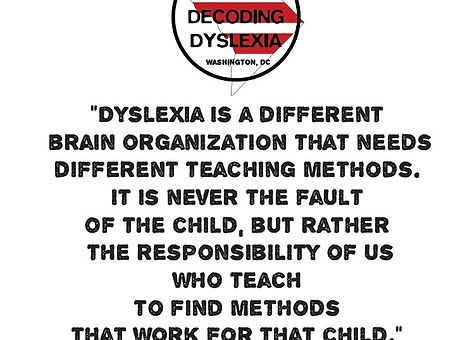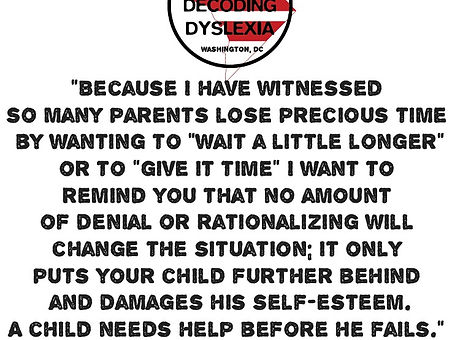
How to help your child
You need knowledge and tools
Some students struggle to read because of inadequate instruction. Other students may have a learning disability like dyslexia. Screening students will help determine the nature of cause and nature of reading difficulties. Dyslexia is currently listed under Specific Learning Disability (SLD) in the Individuals with Disabilities in Education Act (IDEA) - which gives parents considerable rights to work collaboratively with their school, but only if those rights are acknowledged.
Know your rights.
If your child struggles to read, he or she may qualify for special education services. The purpose of the special ed law, IDEA 2004, is to ensure that all children have available to them a free, appropriate public education (FAPE) that emphasizes special education and related services designed to meet their unique needs and prepare them for further education, employment, and independent living, and to ensure that the rights of children with disabilities and parents of such children are protected.
We advocate for changes to current reading curricula so that fewer children are referred for special education, and that those who do require special ed receive effective reading and spelling instruction.
For more information on IEPs and 504 Plans, see
Wrightslaw Special Education Law and Advocacy | www.wrightslaw.com
How to help your child right now
Read to your child every day, or have someone or something else read to your child
Listening to books and stories will help your child develop a love of reading and enlarge his or her vocabulary and background knowledge. Check out this source of free downloadable audiobooks.
Understand the laws and rules
Public schools must follow specific laws and regulations regarding special services for children with learning disabilities. Eligibility criteria are specific to DC, but all schools must adhere to a minimum federal standard. To learn more about the laws in DC, contact the DC Office of the State Superintendent of Education.
Develop a relationship with the people who make decisions about your child's education
Connect with administrators and teachers and talk with them on a regular basis. Volunteer your time in the classroom and participate in school functions. If a teacher is unresponsive to your concerns, be willing to take your concerns all the way up the chain of command. By law, you have the right to request that the school evaluate your child if you think he or she may have a learning disability. Be sure to put your request in writing, and don't take 'no' for an answer.
Maintain records
Keep an organized file of educational records and assessments. Take notes during telephone and in-person meetings, and ask for people's full names and contact information when communicating. In addition, keep samples of your child's homework papers, artwork, tests, and written assignments, which may be useful in establishing academic strengths and weaknesses.
Gather information
Read books and articles on learning, attend workshops and conferences, join DD-DC, the IDA, and other parent support groups in your community. Learn education acronyms and jargon, and keep asking questions.
Advocate effectively
Be well prepared for school meetings, and put your expectations in writing. Speak calmly and assertively, but avoid anger which can work against you harm important relationships.
Communicate to educators your child's strengths and interests
By highlighting your struggling child's capabilities and talents, you help professionals understand your child as a whole person -- one who deserves to be better supported.
Teach your child to self-advocate
Involving your child in decision-making processes is empowering. Learning disabilities are a lifelong issue, and mastering self-advocacy skills will help your child become a successful, independent adult.







